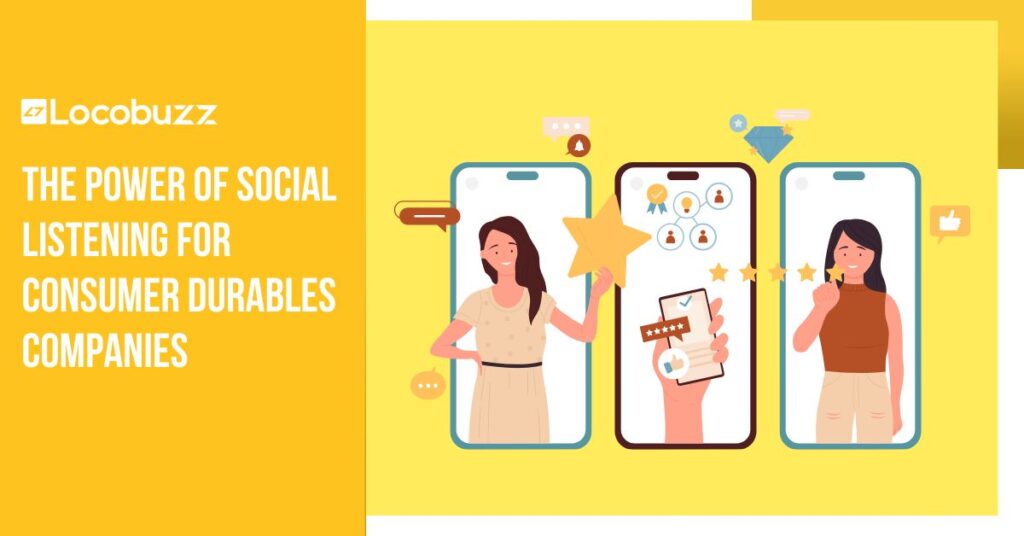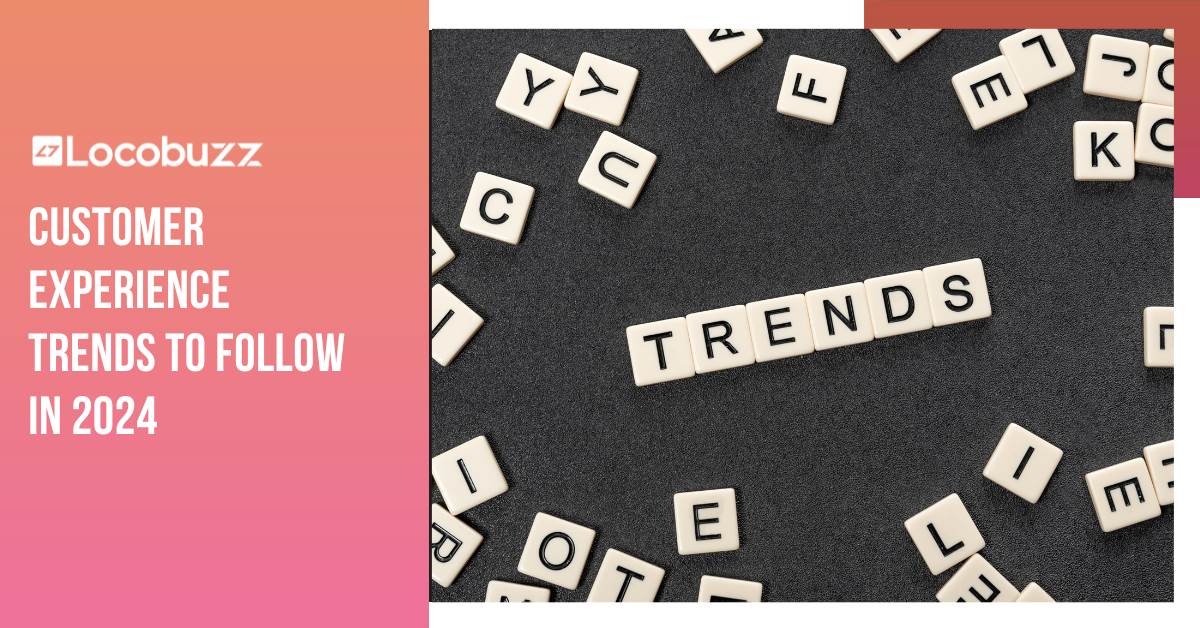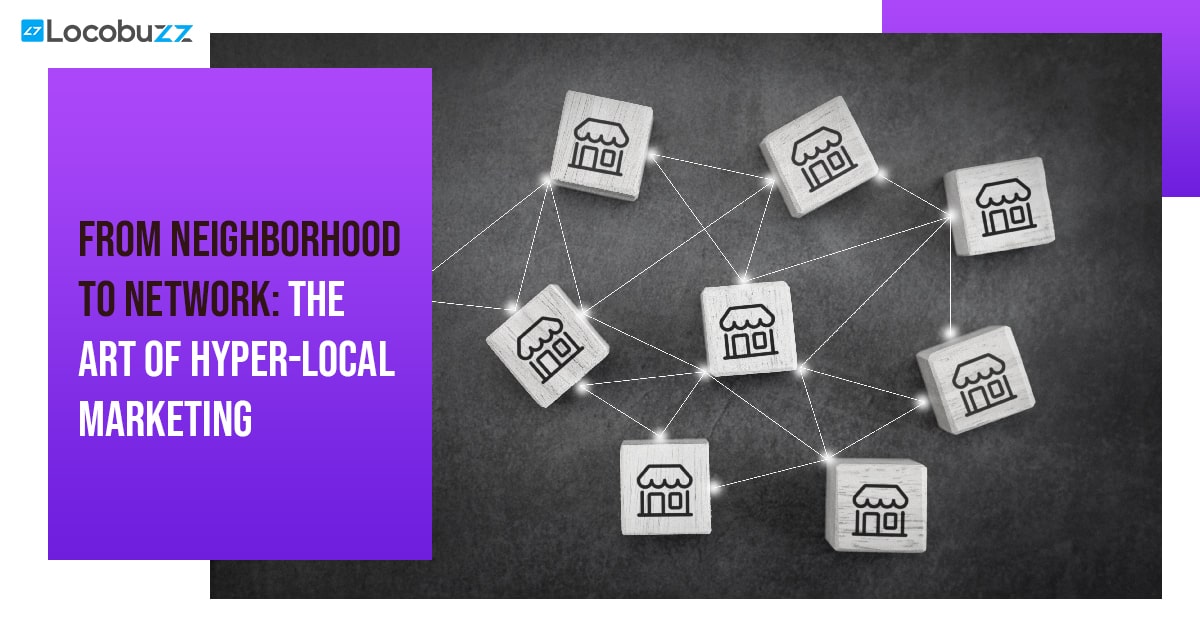The Power of Social Listening for Consumer Durables Companies

We live in a Genz world, where staying ahead of time is super important. It is important to understand what consumers think about the products. That’s where social listening comes in.Trends change quickly, and what customers like can change a lot. It’s like tuning into what people are saying online about these items where every comment and conversation holds the key to shape success in the market.
Traditional market research is good, but nowadays, using social media to listen to what people are talking about is even more convenient. Social listening for the consumer durables industry today is no longer a good-to-have feature, but a necessity!
Social listening means paying attention to what people say on social media to understand what they like, don’t like, and how they feel. It’s not just about seeing when people talk about a brand or hashtag. It’s about understanding how people talk to each other and what they think.
By listening to what people are saying on social media, consumer durable businesses can make informed decisions. They can improve their offerings, and ultimately, enhance customer satisfaction and loyalty.
Challenges faced by consumer durable companies
Keeping up with the latest technology: It’s hard for consumer durable companies to stay updated with the latest technology. For example, a company manufacturing smartphones needs to regularly upgrade features like camera quality, processing speed, and battery life to compete with newer models on the market.
Changing what people want: Consumer preferences can shift rapidly due to trends, lifestyle changes, or cultural influences. For instance, if there’s a growing demand for eco-friendly appliances due to environmental concerns, companies must adjust their product offerings accordingly by developing energy-saving models.
Intense competition: The consumer durables market is highly competitive, with numerous companies offering similar products. For example, in the laptop industry, there are multiple brands like HP, Dell, and Lenovo, each competing for market share by offering different features, prices, and designs.
Making products affordable: Balancing product quality with affordability is a constant challenge for consumer durables companies. People want to buy things that are good quality but also not too expensive. For example,a company making washing machines needs to find a balance between making them good quality and keeping the price reasonable.
Brand reputation management: Providing efficient after-sales service is essential for maintaining customer satisfaction and loyalty. For example, if a fridge breaks, the company needs to have people who can fix it quickly.
How can social listening help consumer durables companies?
Social listening is a valuable tool for consumer durables companies. It’s like giving these companies special ears to listen to what people are saying on social media. By paying attention to conversations online, these companies can learn a lot about what their customers want, what they think about their products, and what their competitors are doing. This helps companies make better decisions, improve their products, and keep their customers happy.
So, let’s dive into how social listening can be a game-changer for consumer durables companies.
Understanding Customer Needs: Social listening helps consumer durables companies understand what customers want from their products. For example, a company might notice on social media that many customers are complaining about a specific feature of their vacuum cleaner, such as weak suction power. This feedback can prompt the company to improve the feature in their next model.
Identifying Product Preferences: By monitoring conversations on social media, companies can identify which features or designs are most appealing to customers. For instance, a smartphone manufacturer might discover that many users are expressing excitement about larger screens. This insight can guide the company’s product development efforts to prioritise larger displays in their upcoming models.
Finding New Trends: Social listening allows companies to stay ahead of trends in the consumer durables market. For example, a company that sells home appliances might see a lot more people talking online about smart home technology. If they notice this trend early, they can start making appliances that work with smart home systems, like thermostats you can control with your phone. This way, they can offer what customers want before others do.
Improving Customer Satisfaction: Social listening enables companies to address customer issues and concerns promptly, leading to higher levels of satisfaction. For instance, if a customer complains on social media about receiving a damaged product, the company can quickly respond, apologise, and offer a replacement. This demonstrates responsiveness and care, enhancing the customer’s experience.
Protecting Reputation: Companies can use social listening to catch and fix any negative comments or rumours about their products before they spread too much. For example, if someone starts saying online that a brand’s refrigerators are unreliable, the company can address the issue before it damages their reputation.
Overall, a social listening tool can provide valuable insights and opportunities for consumer durable products, helping companies understand their customers better, identify market trends, protect their brand reputation, and drive business growth.
How can brands improve their customer support and service with the help of social listening?
Responding Quickly: Brands can use social listening to quickly answer customer questions or solve issues. Social listening allows them to monitor platforms like Twitter, Facebook, and Instagram for mentions of their products. By responding fast to customer queries or complaints, companies can show their commitment to customer satisfaction.
For example, if someone tweets about a broken microwave, the company can reply fast to help fix the problem and showcase their responsiveness and dedication to solving customer problems in a timely manner.
Fixing Problems: Brands can use social listening to find problems customers are talking about on social media and then work to solve the issues. This saves them from getting into a crisis and builds trust and loyalty among the customers.
For example, if numerous users complain about a refrigerator failing to maintain proper cooling, the company can investigate the root cause of the problem and implement necessary fixes, ensuring better product performance and customer satisfaction.
Listening to Feedback: Social listening allows brands to gather valuable insights into customer preferences, opinions, and sentiments regarding their products. By paying attention to what customers like or dislike, companies can gain valuable feedback to inform their product development and marketing strategies.
For instance, if customers express appreciation for a new feature on a television through social media, the company can take note of this positive feedback and consider incorporating similar features into future product releases.
Improving Product Features: Brands can use social listening to learn what features customers want in their products according to trends, preferences, and demands within their target market. By analysing the social media conversations, brands can improve their products just like their customers want them.
For example, if there is a demand for more durable headphones, the company can prioritise research and development efforts towards creating sturdier and long lasting headphone models, aligning their product offerings with consumer preferences.
Building Customer Relationships: Social listening provides brands with the opportunity to engage directly with their customers, building stronger relationships and loyalty. By actively participating in conversations and acknowledging customer feedback or praise, companies can make customers feel valued and appreciated.
For example, if a customer shares positive feedback about their favourite blender on social media, the company can respond with a personalised thank-you message, demonstrating their commitment to customer satisfaction.
Final Thoughts
Social listening is like having a superpower for consumer durable companies. Customer engagement on social media platforms is actively increasing. People interact, and it helps brands understand customer needs, spot trends, engage with consumers, monitor competitors, and protect their brand reputation. By listening to what people are saying on social media, companies can make better products and keep their customers happy.
It’s like having a secret weapon to stay connected with customers and make sure their products are the best they can be. So, next time you tweet about a broken appliance or share your favourite product online, remember that the company might be listening, ready to help, and eager to make your experience even better!






















